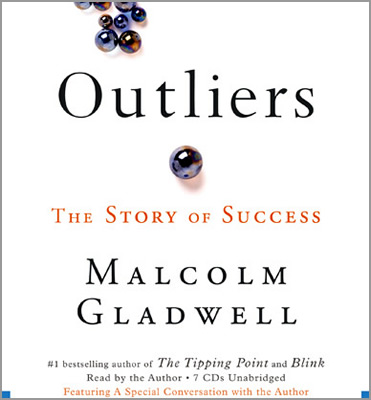The Music Lesson, by Charles West Cope (1869).
Every so often, I will have a hallway conversation like the one I had this past week. Someone will mention that his or her daughter or son, typically in the upper grades of primary school or the lower grades of middle school, has been playing an instrument or engaged in a sport or participating in another co-curricular activity for several years, but is thinking seriously about stopping. How might a caring mother or father best respond to this hesitation is the question we will discuss. Embrace that change of heart and celebrate what the child has been able to achieve or resist and encourage him or her to continue, promising the rewards which are bound to come to whomever perseveres, never gives up, keeps going until he or she is finally able to experience that extraordinary and self-sustaining joy which the mastery of something affords?
The “10,000-hour rule”
 Almost inevitably, like a few days ago, one of us will recall the argument the Canadian intellectual Malcolm Gladwell made famous in his best-selling book, The Outliers: The Story of Success (New York: Little Brown (Kindle), 2008). For Gladwell, the most accomplished people in life are not necessarily the most innately gifted, but more often those who work harder than everyone else, those who for one reason or another prove to be capable of committing themselves with such steadfast persistence to becoming proficient at x, y or z that they are able to reach a level of performance in that activity which surpasses all others and provides them with the ability to operate in a world of pure creativity which transcends the rules and techniques they have needed to learn along the way.
Almost inevitably, like a few days ago, one of us will recall the argument the Canadian intellectual Malcolm Gladwell made famous in his best-selling book, The Outliers: The Story of Success (New York: Little Brown (Kindle), 2008). For Gladwell, the most accomplished people in life are not necessarily the most innately gifted, but more often those who work harder than everyone else, those who for one reason or another prove to be capable of committing themselves with such steadfast persistence to becoming proficient at x, y or z that they are able to reach a level of performance in that activity which surpasses all others and provides them with the ability to operate in a world of pure creativity which transcends the rules and techniques they have needed to learn along the way.
One example Gladwell frequently uses to illustrate his thesis is the length of time it takes a person to become a grand master in the demanding game of chess. To reach that degree of proficiency, he contends, it “seems to take about ten years. (Only the legendary Bobby Fischer got to that elite level in less than that amount of time: it took him nine years.) And what’s ten years? Well, it’s roughly how long it takes to put in ten thousand hours of hard practice. Ten thousand hours is the magic number of greatness (p. 41).” Hence the much cited and much debated 10,000-hour rule of which someone, myself included, is likely to think in discussions like the one I have described above. By not advocating for our children to persist in the practice of a co-curricular endeavor, might we be depriving them of the pleasures, not to mention the many other advantages which only the mastery of an activity can confer?
Grit and determination
The Outliers makes a strong case for answering this question in the affirmative. “Success”, affirms Gladwell, “is a function of persistence and doggedness and the willingness to work hard for twenty-two minutes to make sense of something that most people would give up on after thirty seconds (p. 246).” In other words, “once a musician has enough ability to get into a top music school, the thing that distinguishes one performer from another is how hard he or she works. That’s it. And what’s more, the people at the very top don’t work just harder or even much harder than everyone else. They work much, much harder (p. 39).”
Indeed, he continues, “practice isn’t the thing you do once you’re good. It’s the thing you do that makes you good (p. 42).” Of course, there is a far more to effective parenting than applying the wisdom of a renowned intellectual, no matter how incisive and eloquent such insight may be. Yet sharing the 10,000-hour perspective with any young person who happens to be temporizing before the challenge of perseverance is surely worthwhile. There may be nothing more valuable in life than the grit, determination and effort we put into it.
About the Author :
Sean Lynch was Head of School at the Lycée Français de New York from 2011 to 2018, after having spent 15 years at another French bilingual school outside of Paris: the Lycée International de St. Germain-en-Laye. Holding both French and American nationalities, educated in France (Sciences Po Paris) and the United States (Yale), and as the proud husband of a French-American spouse and father of two French-American daughters, Sean Lynch has spent his entire professional and personal life at the junction between the languages, cultures and educational systems of France and the United States. In addition to being passionate about education, he loves everything related to the mountains, particularly the Parc National du Mercantour.


